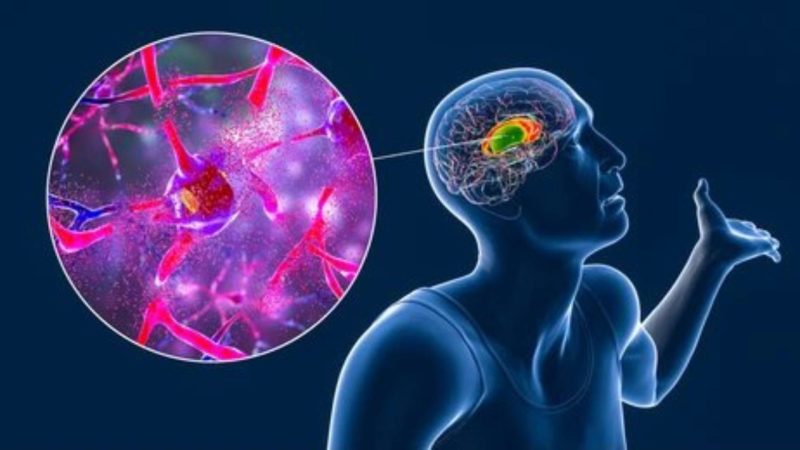What is Huntington’s disease? ~ Domenico Pratico, MD, FCPP
- June 10, 2024

Huntington's disease (HD) is an inherited genetic disorder that causes nerve cells to gradually die,
primarily in areas of the brain that control voluntary (intentional) movements, but also in other brain
regions. For this reason, an individual with HD typically develops uncontrollable movements, called
chorea, that resemble a dance (choreia, a word from ancient Greek which means dance), along with
abnormal body postures, behavioral issues, cognitive difficulties, and personality changes.
Initially, the uncontrolled movements, which can involve the fingers, feet, face, or torso, become
evident when the person is under stress, nervous, or distracted. Over time, as the disease
progresses, these movements become more pronounced, often extreme, and at times debilitating.
Typically, the symptoms of HD manifest around 40-50 years of age (adult HD). However, although
rare, they can also appear in children (juvenile HD). Like many other neurodegenerative diseases,
the condition worsens over time. Early signs of HD can vary but often include mild clumsiness,
balance or movement problems, cognitive or psychiatric symptoms (issues with thinking or
emotion), and behavioral changes.
In addition to chorea, some individuals develop unusual fixed and rigid postures, a condition known
as dystonia. These two movement disorders (chorea and dystonia) can blend or alternate. Other
symptoms may include tremor (unintentional back-and-forth movement in the person's muscles)
and unusual eye movements.
HD is an inherited disorder. It is passed from parent to child through a mutation (a change) in a
specific gene located on chromosome 4, which is responsible for producing a protein called
huntingtin. When a parent has HD, each child has a 50% chance of inheriting the copy of
chromosome 4 that carries the HD mutation. If a child does not inherit the HD mutation, they will
not develop the disease and cannot pass it on to future generations. When HD occurs without a
family history, it is called sporadic HD.
Currently, there is no treatment that can stop or reverse HD, but some symptoms can be managed
with antipsychotic or anxiolytic medications. We are learning more about HD over time, with
important discoveries and updates that may improve how doctors care for this disorder in the
future.
Work is underway to better understand the mechanisms responsible for the onset and progression
of HD. Other projects are in full swing focusing on identifying and validating biomarkers for HD.
Finally, research on drug discovery is now testing investigational drugs (both old and new) that may
lead to new treatments and, at the same time, improve our understanding of the disease process in
HD.
Domenico Praticò, MD, is the Scott Richards North Star Charitable Foundation Chair for Alzheimer’s Research, Professor and Director of the Alzheimer’s Center at Temple, and Professor of Pharmacology at the Lewis Katz School of Medicine at Temple University
You can find out more information on Dr. Domenico Pratico’s research papers here.
Follow Dr Domenico Pratico‘s lab website here: Pratico Lab
